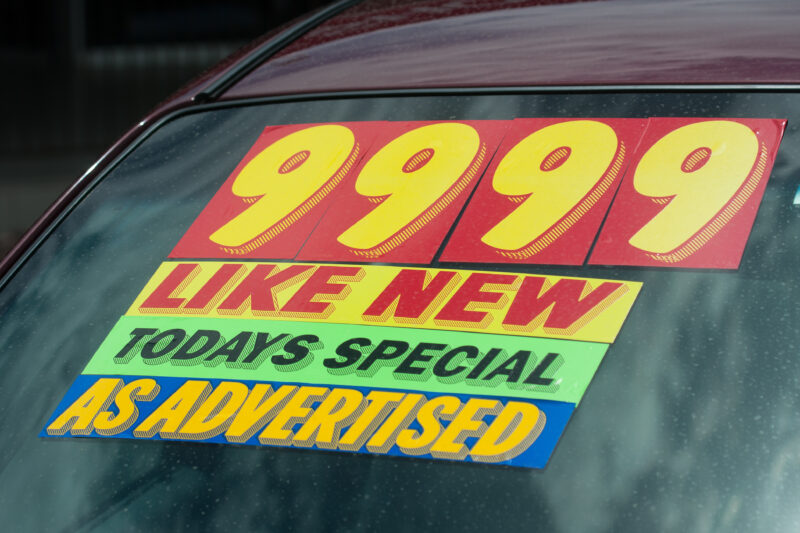Financing A Used Car

As new car prices top eye-watering levels of $40,000 or more, pre-loved models are becoming increasingly attractive to many buyers. For most people, this means financing a used car, while others may prefer to buy new or lease.
Although taking out a car loan might seem a dauntingly complex process, each step is quite simple. Here’s a quick outline:
- Establish your monthly transport budget;
- Choose between a loan or lease;
- Decide how long you want to pay off a loan;
- Compare interest rates, insurance, and other costs;
- Get your credit score;
- Gather your documentation together;
- Apply for pre-approval;
- Shop around and shortlist possible vehicles;
- Make your choice and close the deal!
How Much to Budget for Financing a Used Car
As a rule of thumb, families should spend no more than 15% of their incomes on transportation. This includes monthly repayments; insurance, licensing, and parking fees; fuel, oil, and other maintenance costs.
However, many other factors come into play, including housing costs and other loans. If in doubt about financing a used car, the smartest choice is to pick a less expensive model with fewer features, rather than pushing your credit to the limit.
Leasing or Financing a Used Car
Leasing a car is like renting a house, paying a specific amount each month for an agreed timeframe, after which the vehicle is legally returned to its owner. However, many lease agreements offer on-expiry purchase options, as an added incentive for drivers to care for these vehicles. The downside is that leasing is often not an option for second-hand vehicles; ownership is not automatic, and constraints like annual mileage caps may prove frustrating. However, terms are often shorter than purchase agreements, with lower monthly payments as well.
Financing is like taking out a mortgage, but for a vehicle, rather than a house. After a pre-set number of monthly payments (24 to 96 in Canada), the buyer owns the asset outright. Monthly payments are usually higher than leasing costs, but with no mileage limits or constraints on customisation during the acquisition period. The main upside is that the driver owns a valuable asset, once the loan is paid off, frequently over many more months than lease agreements.
Getting the Best Deal
The easiest (but least prudent) way to bring down those monthly payments is to opt for a longer term. Under Canadian law, car loans may not exceed eight years, although usually with higher interest rates on all 96 instalments. The downside is that this means almost a decade of paying off an asset that is depreciating (and deteriorating!) at increasingly rapid rates.
Checking Your Credit Score
Even buyers with patchy track records can finance car purchases, usually through websites. Once an application is completed, these loan platforms connect possible buyers with dealer partners.
Eager to make sales, their conditions are flexible enough to get almost anyone on the road, although at higher interest rates.
Applying for Pre-Approval
No matter your credit rating, getting pre-approved financing is vital. For faster processing, make sure you have all the required documentation to hand, before sending in your application.
The most usual sources of financing are dealerships, banks, credit unions or online. Smart buyers always make sure they get the best conditions by requesting two or three competitive quotes, usually from a financial institution with which they have an account, and a couple of dealerships that then reach out to assorted lenders.
Shortlisting Favourites
Once a consumer knows exactly how large a loan is pre-approved, it’s time to start shopping around. Smart buyers start looking at some 20% under their ceiling amount, leaving enough headway to cover unforeseen outlays (like delivery fees). Drivers rolling over old loans should be even more cautious, to avoid falling into the negative equity trap.
Closing the Deal on Financing a Used Car
With pre-approved financing, even bad-credit buyers can snap up hot deals, confident that they’ll be able to pay back their loans without wrecking their budgets. Better still, prompt repayments help build back credit scores, with lower interest rates on future car loans – and that’s an unexpected reward!
Looking For Quick & Easy Financing?
We know how to find the best vehicle for your situation, and have you leave the lot with a smile on your face.
Apply now!


